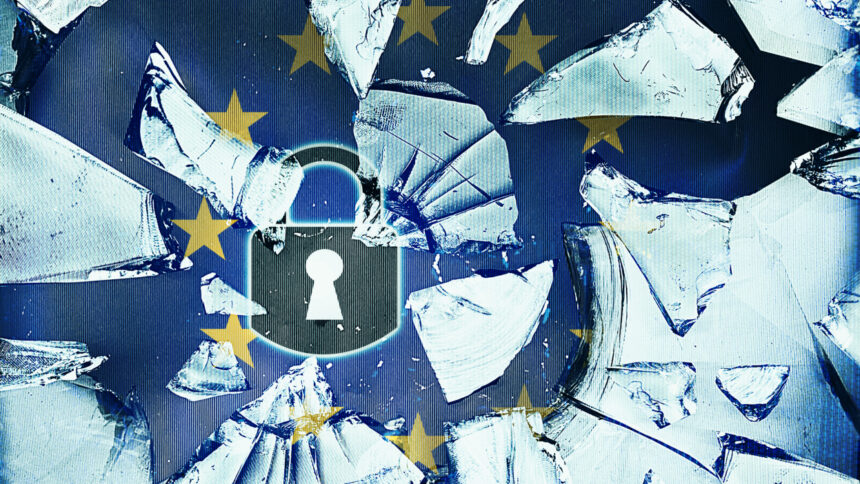Concerns Emerge as EU Nears Decision on “Chat Control” Law
As European lawmakers approach a decision on the contentious “Chat Control” legislation, privacy experts caution that it could undermine public trust in digital communication and drive users to Web3 platforms.
Understanding the Debate on “Chat Control”
At the heart of the discussion is the EU’s proposed Regulation to Prevent and Combat Child Sexual Abuse, which mandates platforms to scan private messages for illegal content before encryption occurs. Critics argue that this effectively creates a backdoor into encrypted systems, conflicting with the EU’s own privacy commitments.
“Providing an inherently corruptible entity with nearly unlimited visibility into individuals’ private lives is inconsistent with an honest statement regarding digital privacy,” said Hans Rempel, co-founder and CEO of Diode, in an interview. He described the proposal as a dangerous overreach.
Elisenda Fabrega, general counsel at Brickken, pointed out that passing this law seems “difficult to justify under the current jurisprudence of the Court of Justice of the European Union.” She referenced Articles 7 and 8 of the EU Charter of Fundamental Rights, which protect the confidentiality of communications and personal data.
“Client-side scanning would allow for the monitoring of content on user devices before it is sent, even in scenarios where there is no indication of illegal activity,” she clarified.
Related: US Treasury’s DeFi ID plan is ‘like putting cameras in every living room’
Experts indicate that the regulation establishes a dangerous precedent from both legal and technical perspectives. “There are no assurances,” Rempel noted when asked about potential misuse of the tools. “Over 10% of all data breaches happen within government systems,” he cautioned.
Fabrega expressed concerns regarding the impact such surveillance might have on public trust. “Encryption is not merely a technical feature; it represents a promise to users that their private communications will remain secure,” she stated.
The potential decline in trust for traditional messaging platforms might lead users to seek out decentralized Web3 alternatives, which are designed to safeguard user data through inherent encryption.
“Web3’s rallying cry for privacy is ‘Not your keys, not your data,’” Rempel commented. “This denotes true self-custody for data,” he continued, explaining that the end-user retains sovereignty over their information from “cradle to grave.”
Fabrega added that “privacy-minded users will increasingly consider decentralized Web3 alternatives” should the Chat Control law be enacted. She cautioned that this shift could “fragment the European digital market” and diminish the EU’s influence on global privacy standards.
Germany, which will cast a significant vote, has yet to finalize its position. While 15 EU nations currently support the proposal, they do not meet the 65% population threshold necessary for approval. If Germany votes in favor, the law will likely be adopted; if it abstains or opposes it, the legislation is expected to fail.
“We assess the likelihood of passage to be low,” Rempel commented. “However, it won’t be the last attempt to undermine fundamental human rights in the name of safety.”





















